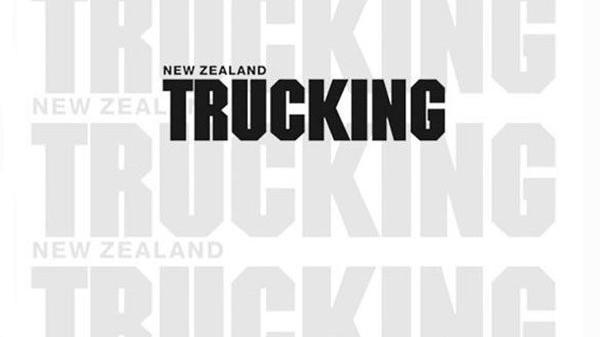Don’t put off your maintenance

It was disturbing to read that the cause of the January breakdown of the Cook Strait ferry Kaitaki was the failure of a rubber flexible coupling in the cooling system. No doubt, this triggered an automatic shutdown of all four engines, resulting in the ship drifting perilously close to shore. The part was allegedly made in 2005 but not installed until 2018. The interim report says that Interislander had not followed the coupling manufacturer’s advice for replacement. It also says that since the incident, Interislander had replaced “all dodgy parts” on the Kaitaki but doesn’t say what these were.
I wonder if this incident is a result of simply not carrying out planned maintenance. I appreciate that when a unit is heading towards its last days, as the Kaitaki and its sister are, there is often a tendency to push out maintenance – don’t spend any money on it until it breaks, then only do the minimum necessary to get it going again. Planned maintenance works with trucks as well. If the vehicle manufacturer says the lifespan of a component is five years, they mean it.
And of course, we had the breakdown of the MV Shiling in Wellington Harbour; after repairs, it broke down again within 24 hours of sailing. At 18 years old, she is most likely on her last legs, and I wonder if the owner had deferred her maintenance pending retirement.
Recently, the Energy Efficiency Conservation Authority (EECA) released a tender for a market study into road freight in New Zealand. Its purpose will be to enable greater and quicker decarbonisation in a critical sector for New Zealand. This puzzles me. I would have thought the government agency, in this case, the Ministry of Transport, which advises the Minister of Transport on such matters, would have this information readily on hand. If not, what are they telling the minister?
The outcomes of this study will be shared between other government agencies and private entities to allow our freight system to run as efficiently as possible, so they say in the tender. I would have thought it would be obvious that one of the barriers to on-road freight efficiency is the state of our roading network, so why not fix that first? Let’s hope whoever gets the contract and writes the report will produce something that means something to us all and not just tell us what we already know. Let’s also hope that the report is not just a subliminal marketing tool for companies that peddle electronic gizmos that supposedly make business more efficient. Certainly, we don’t want to see another stick-a-wet-finger-out- the-window-to-see-which-way-the-wind-blows type exercise. After all, we, the taxpayers, will be paying for it.
On freight volume, it was interesting to read a story attributed to the CEO of NZ Post in which he says that online shopping was down 22% on the same (first) quarter of 2022. He notes fewer parcels are going through their processing centres, and the back of their courier vans are not quite as full as they were. Perhaps this is yet another sign that consumers are becoming more discerning about how they spend their dollars. Eventually, this trend will find its way across many sectors of our industry, I suspect.
The Budget came and went, and we saw how the government intends to spend our money. Many commentators say it was a nothing event, but I don’t agree. As anybody who has ever organised a lolly scramble knows, you don’t throw all your lollies out with the first throw; you wait and spread the ‘joy’ along the way, creating the expectation that more will come. It is election year after all.
An unattributed quotation I read somewhere recently: “Being a politician is great job. You get to spend lots of other people’s money, and then you can turn your back on them.”
Read more
Most things come in trucks
0 Comments5 Minutes
It could be a lot worse
0 Comments6 Minutes
Wielding the razor
0 Comments3 Minutes
What way are we heading?
0 Comments6 Minutes


